Child Custody Evaluation Certificate
Help ensure the best possible outcome for children during a difficult life transition and support divorcing parents who seek the help of a credentialed custody professional. This certificate program spans 150 hours of CE-earning content across 12 programs.
What You Can Expect
This Certificate program includes 12 programs, with 70 hours of foundational training and 80 hours of specialized content. In this program, you will:
- Develop the knowledge and techniques to help ensure children get the best possible outcome during a difficult transition in their lives by assessing their needs and their parents’ ability to deliver on those needs.
- Develop the tools to make a difference in a child’s life.
Presented By
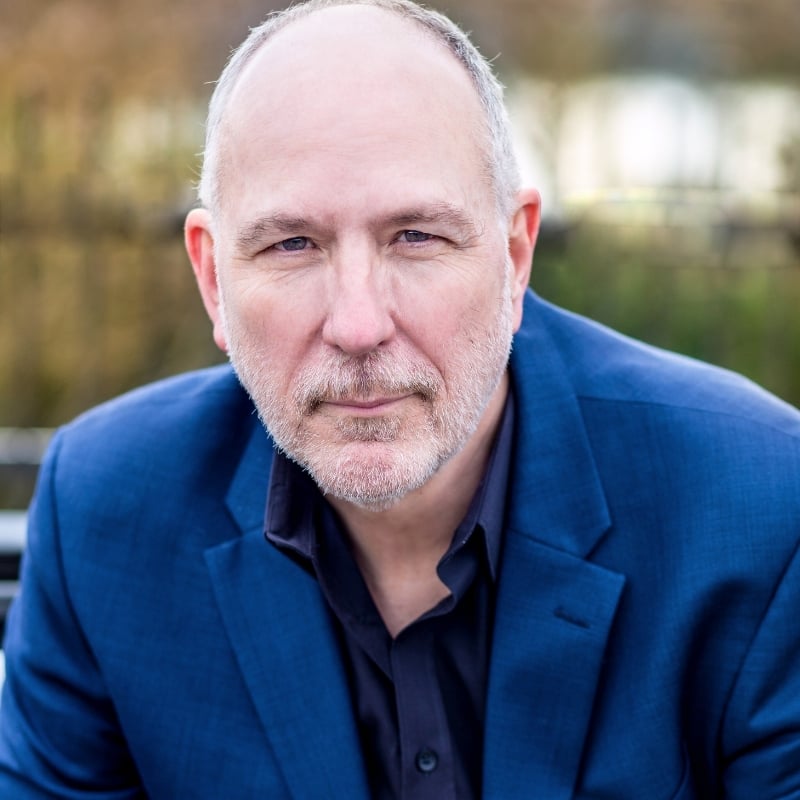
David M. Corey, PhD, ABPP
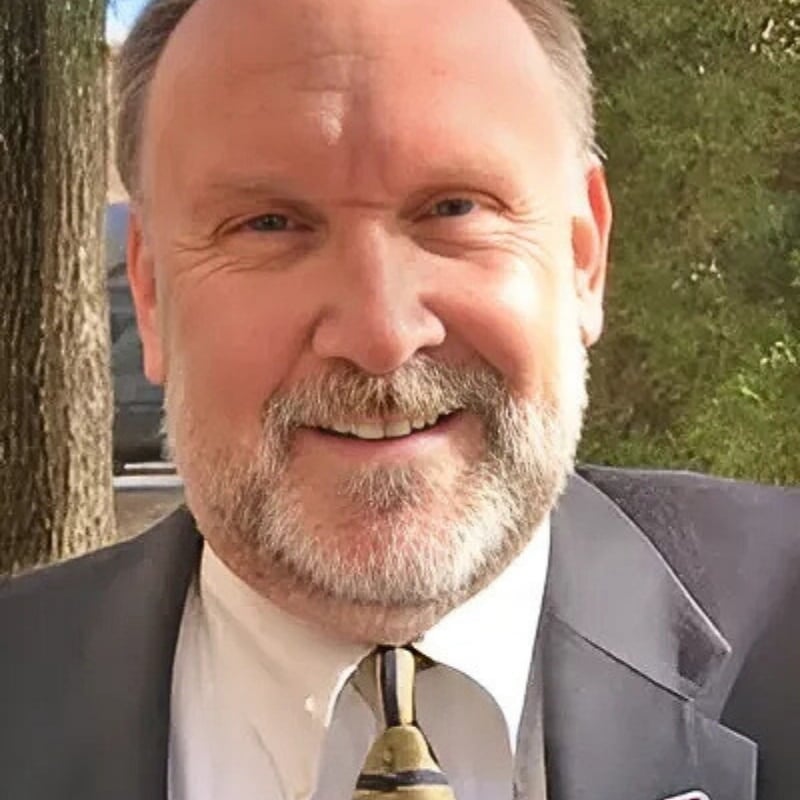
Randy Otto, PhD, ABPP
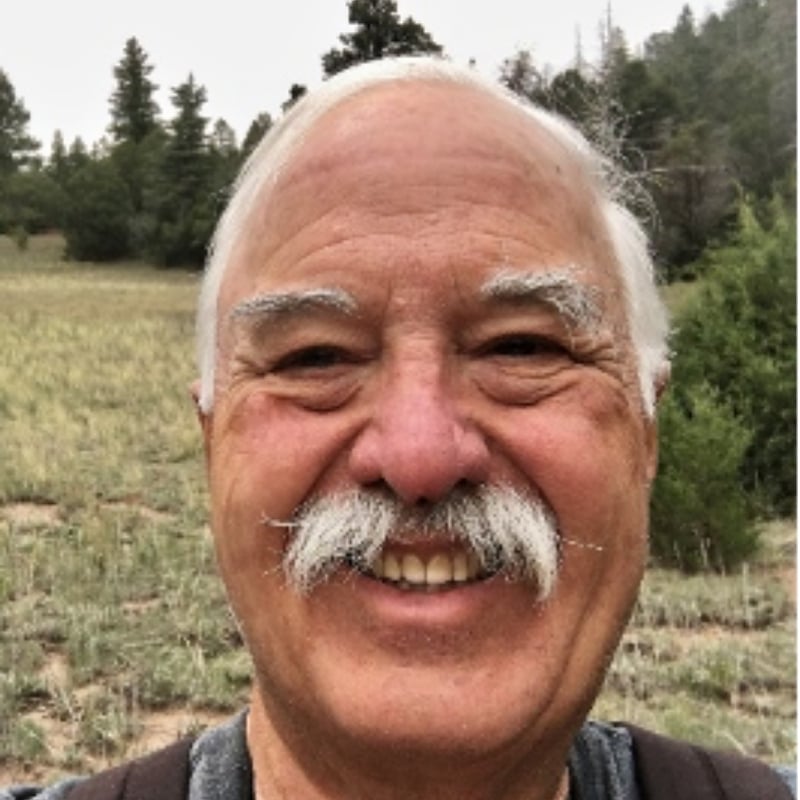
William Foote, PhD, ABPP
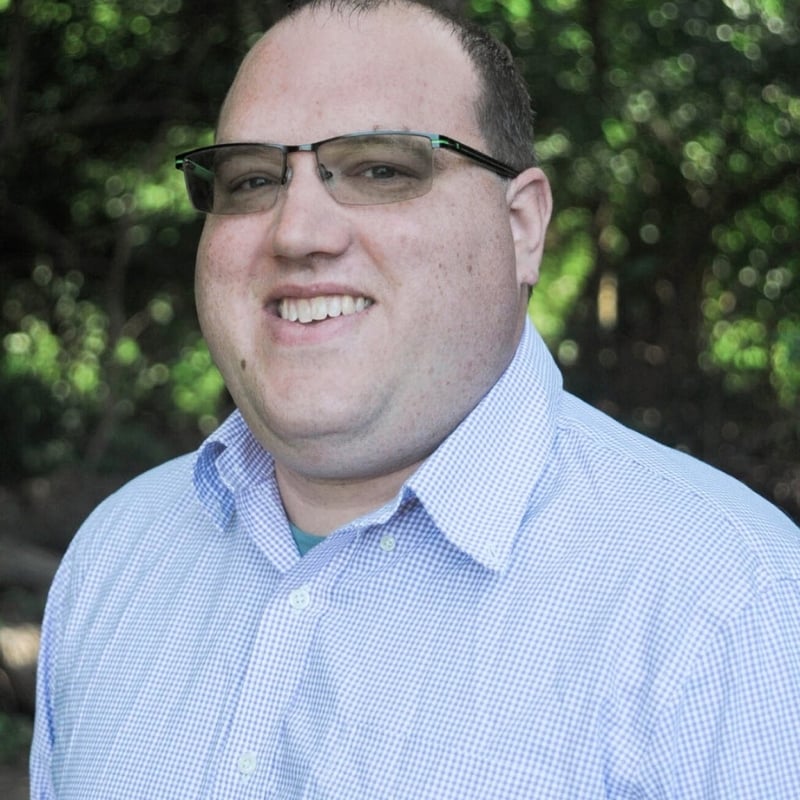
A.J McConnell, PsyD
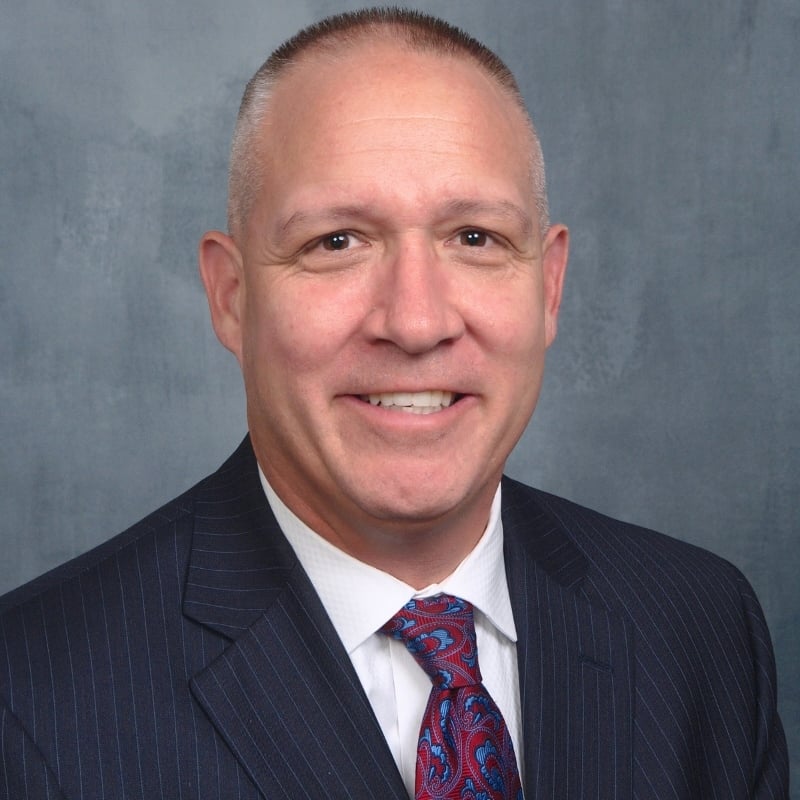
Bob Stinson, PsyD, JD, ABPP
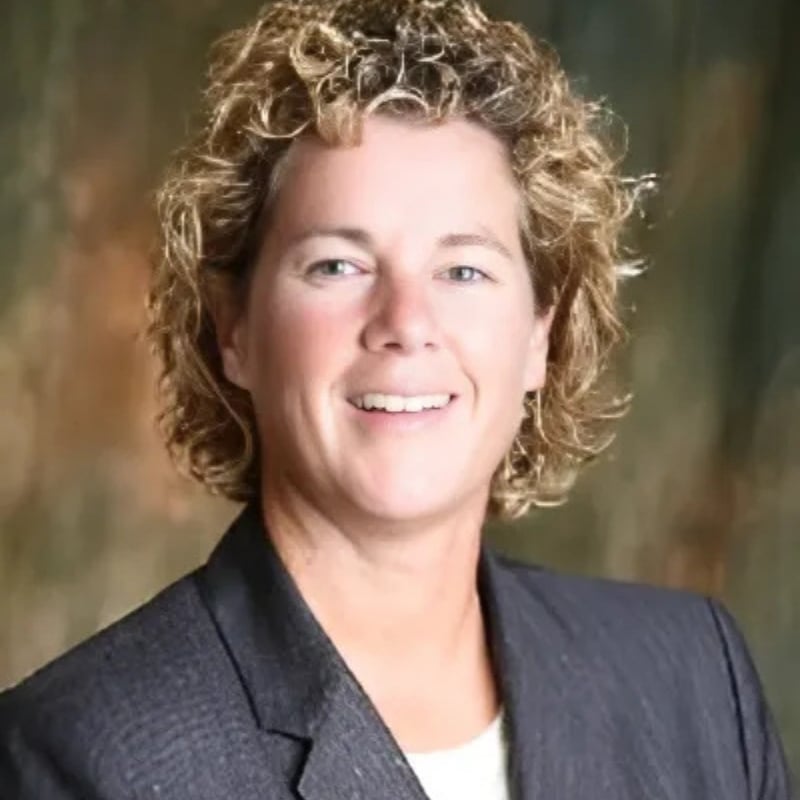
Christina A. Pietz, PhD, ABPP
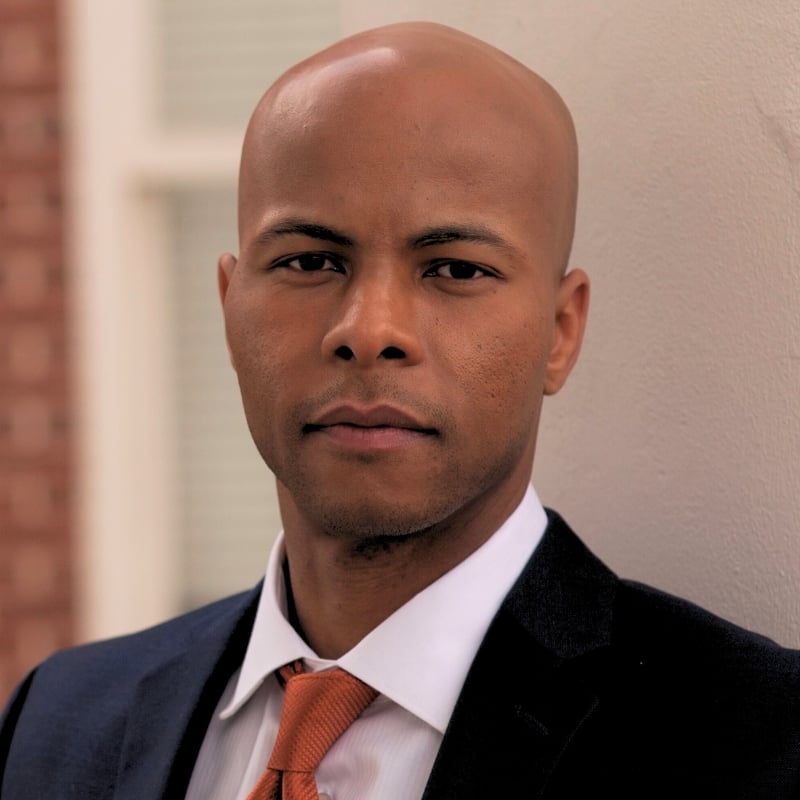
Jemour A. Maddux Psy.D., ABPP

Philip Stahl, PhD, ABPP
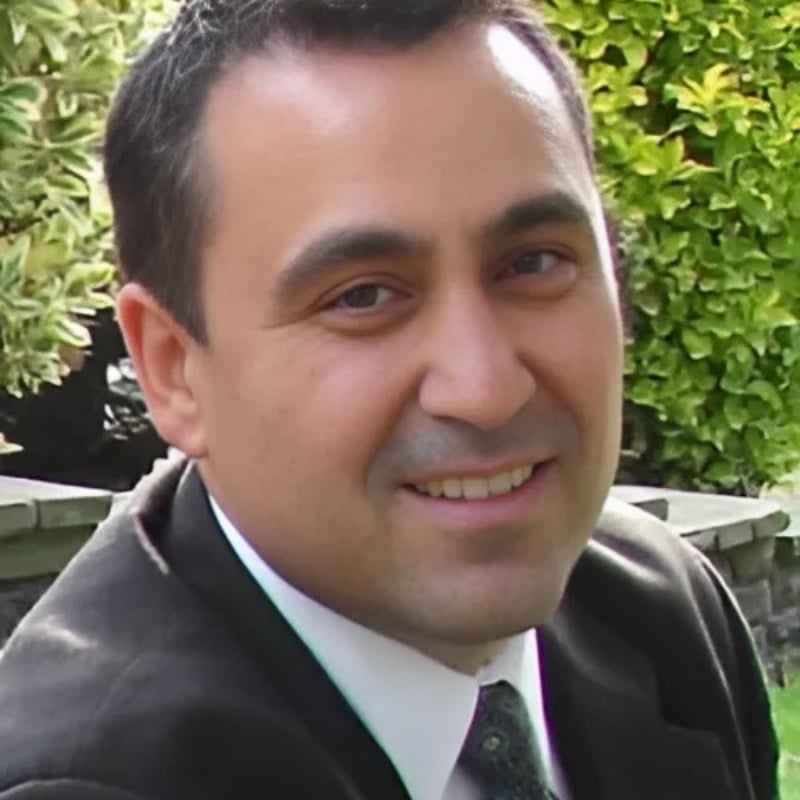
Kostas A. Katsavdakis, PhD, ABPP
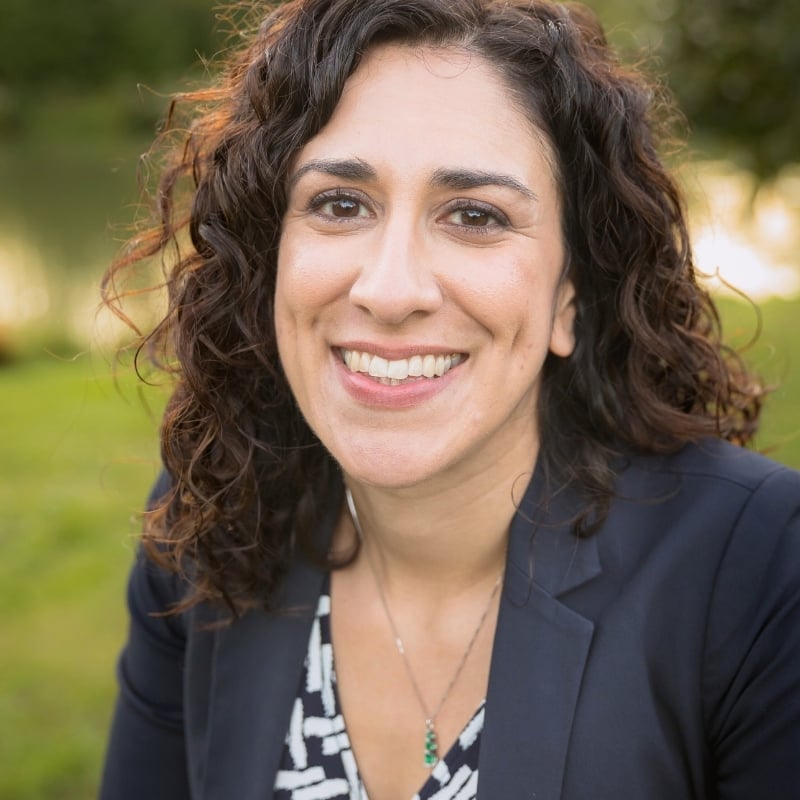
Krissie Fernandez Smith, Ph.D., ABPP
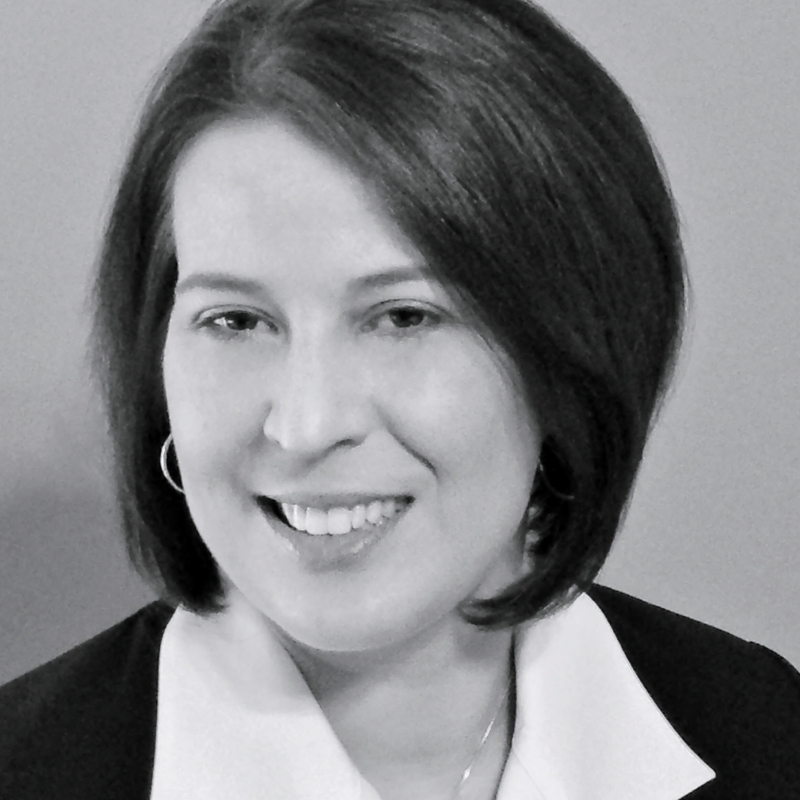
Candyce Shields, PhD, ABPP
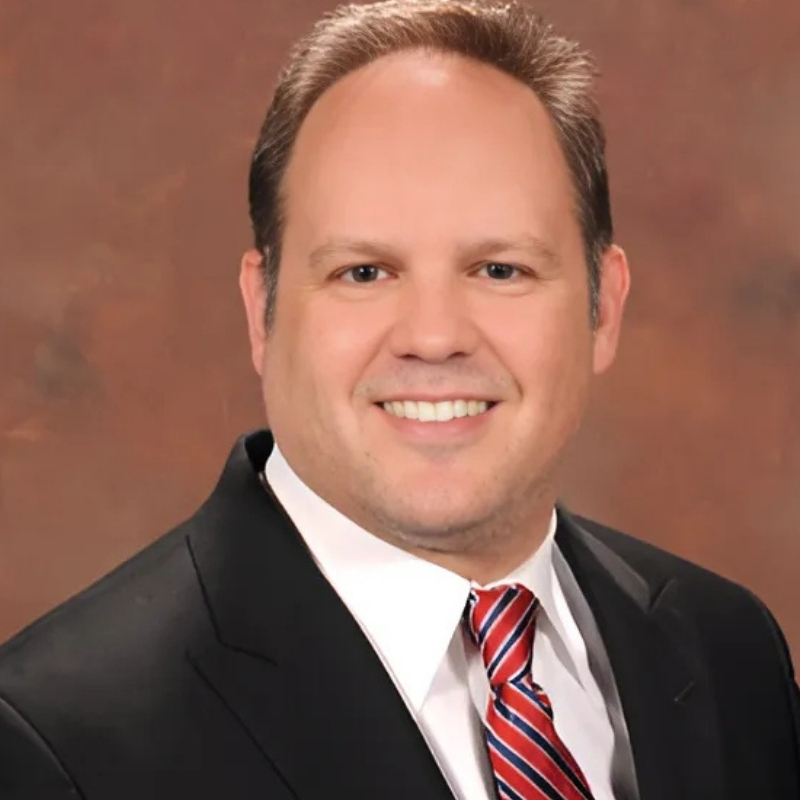
Michael Vitacco, PhD, ABPP

Irving B. Weiner, PhD, ABPP
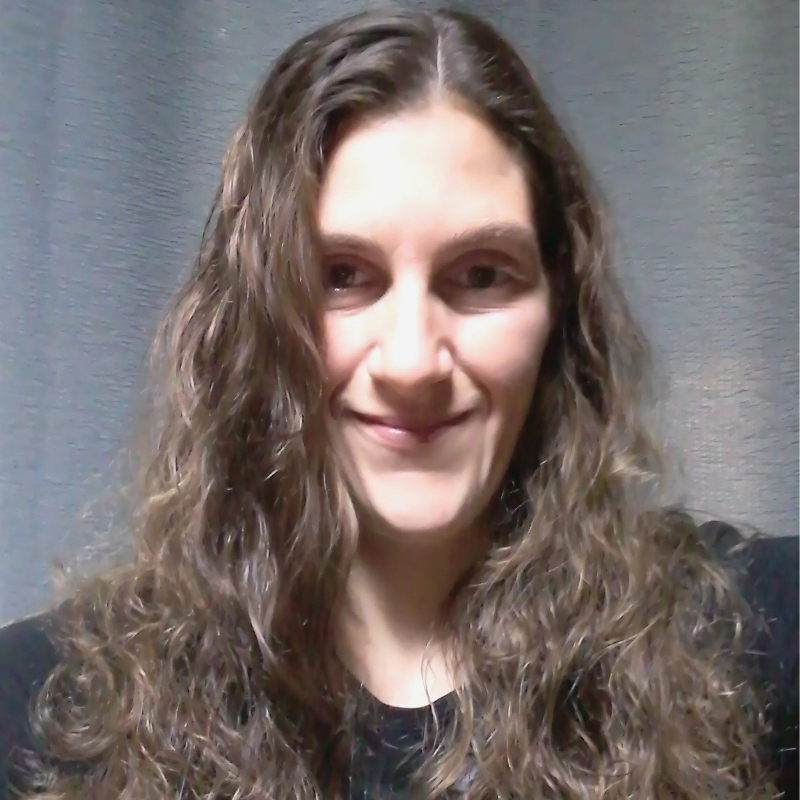
Lori L. Hauser, PhD, ABPP
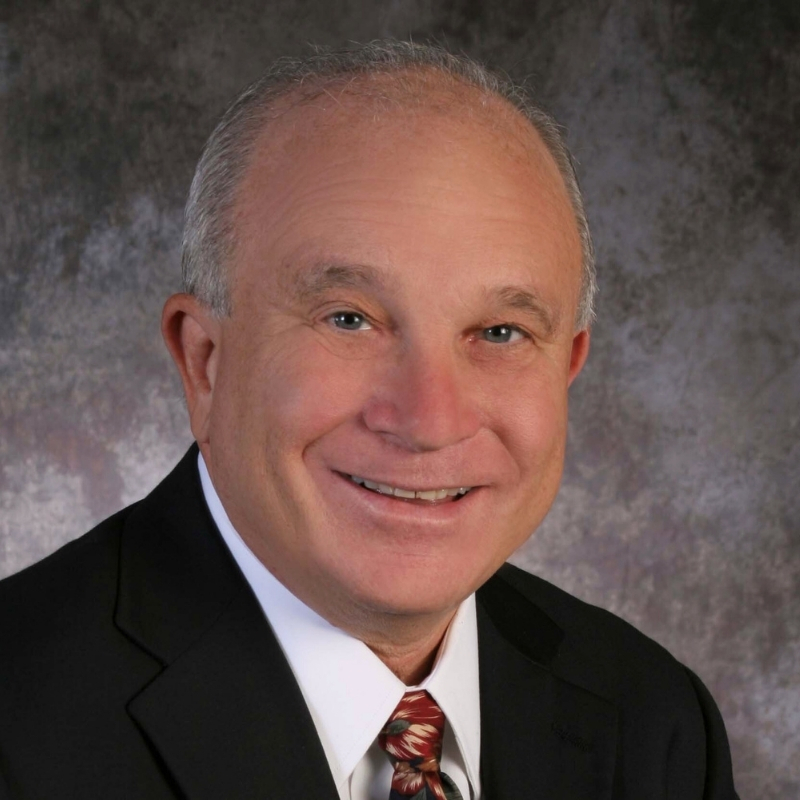
Joel Dvoskin, PhD, ABPP
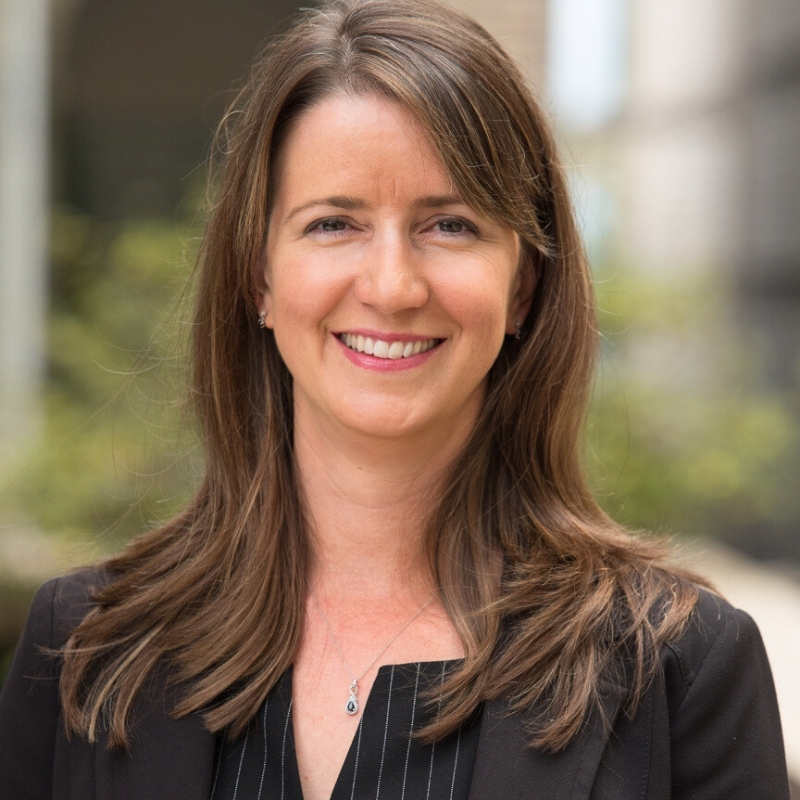
Michelle R. Guyton, PhD, ABPP
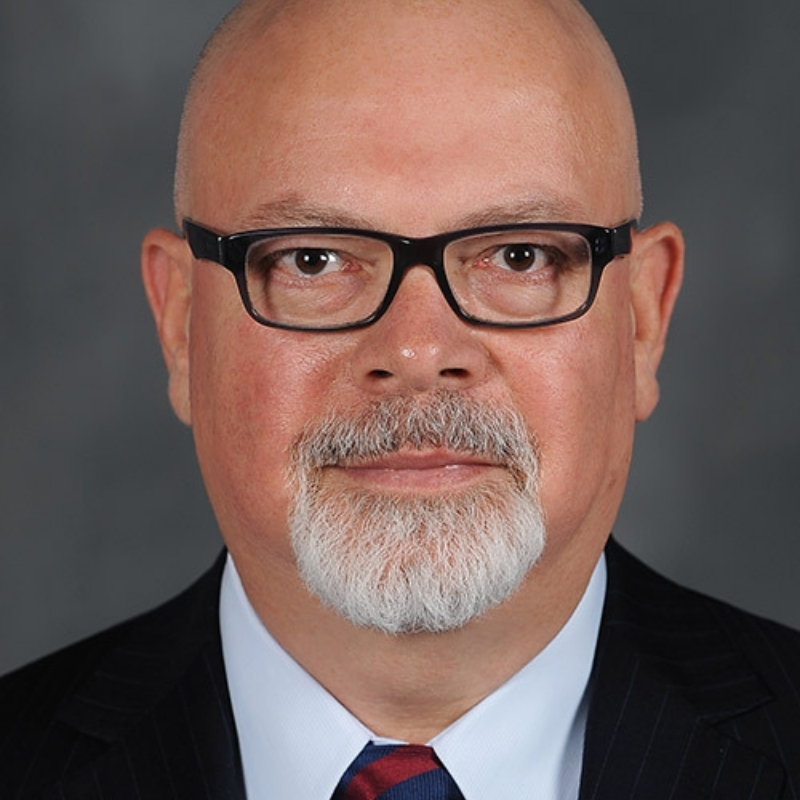
Yossef Ben-Porath, PhD, ABPP

Julie Gallagher, PsyD, ABPP

Christopher Slobogin, J.D., LLM

Philip Resnick, MD

Debra Baeder, PhD, ABPP
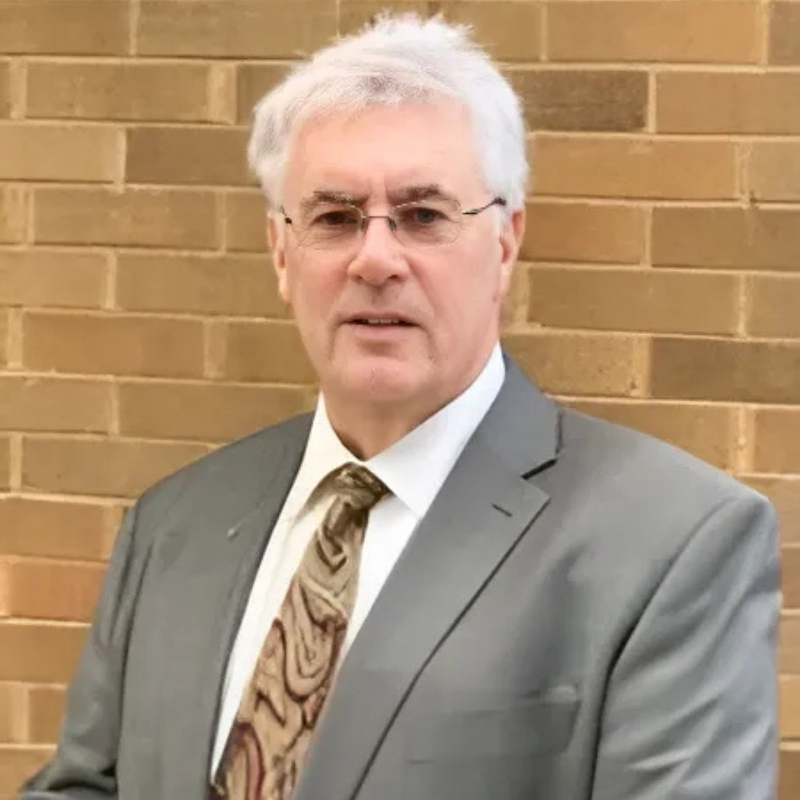
David W. Thompson, PhD, ABPP
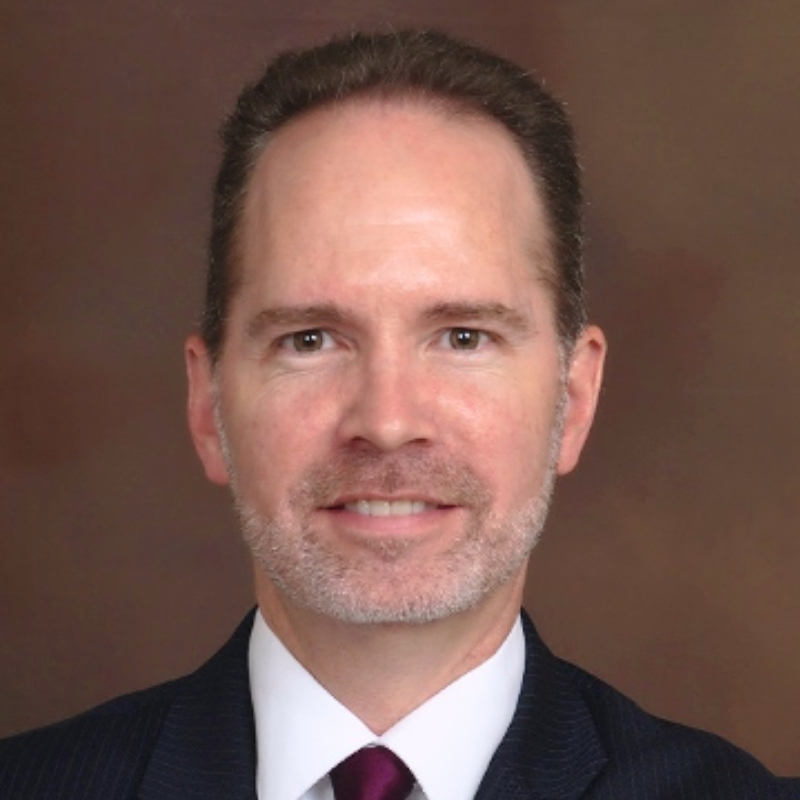
Robert Cochrane, Psy.D., ABPP
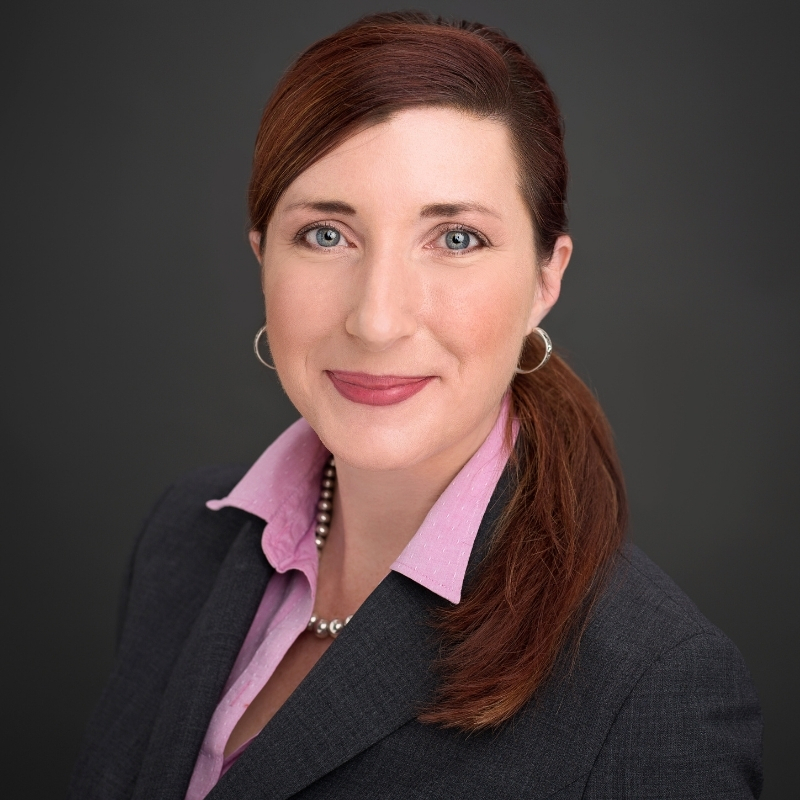
Maureen Reardon, PhD, ABPP
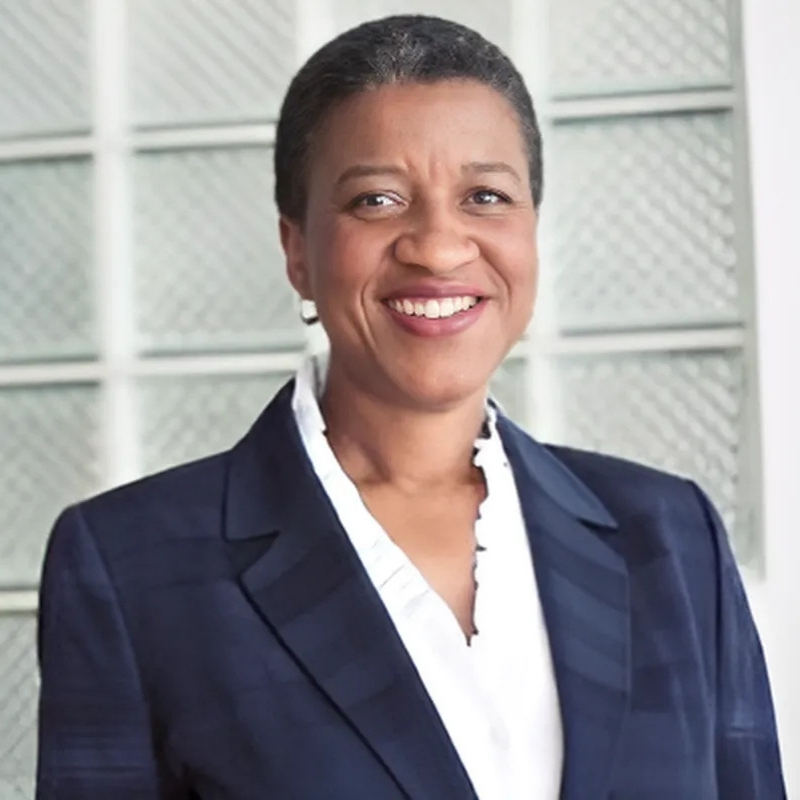
Antoinette Kavanaugh, PhD, ABPP
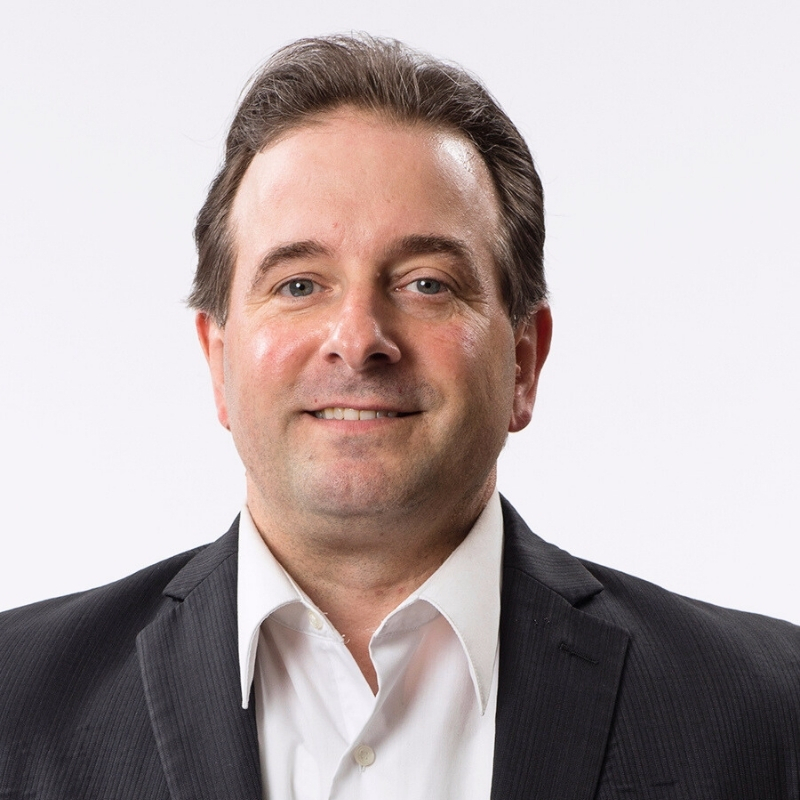
David DeMatteo, JD, PhD, ABPP

Edward Rhett Landis, PhD, ABPP

Karen Postal, PhD, ABPP
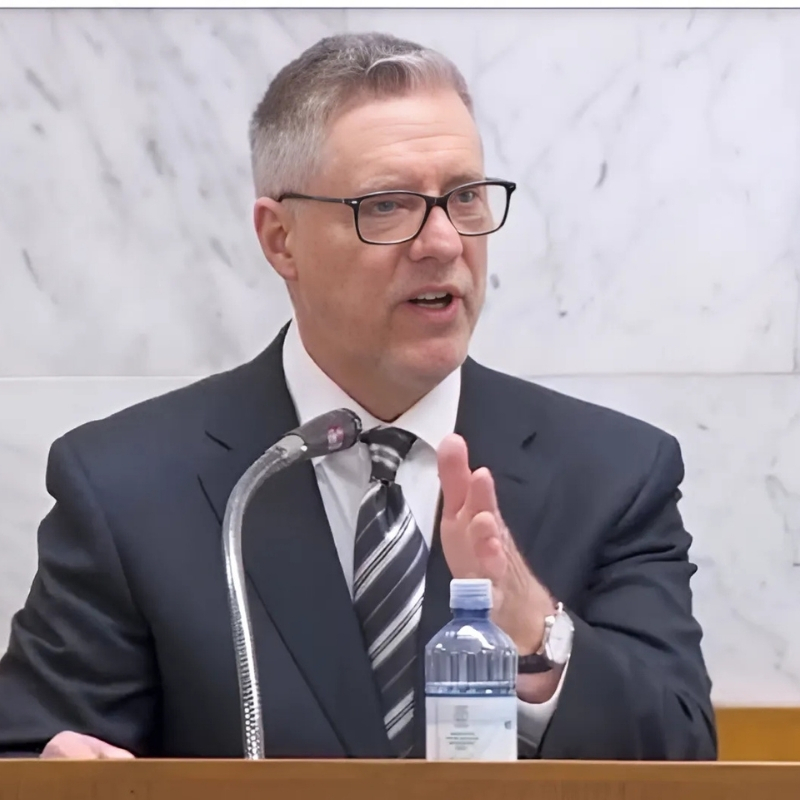
Mark Cunningham, PhD, ABPP

Amanda Conn, PsyD
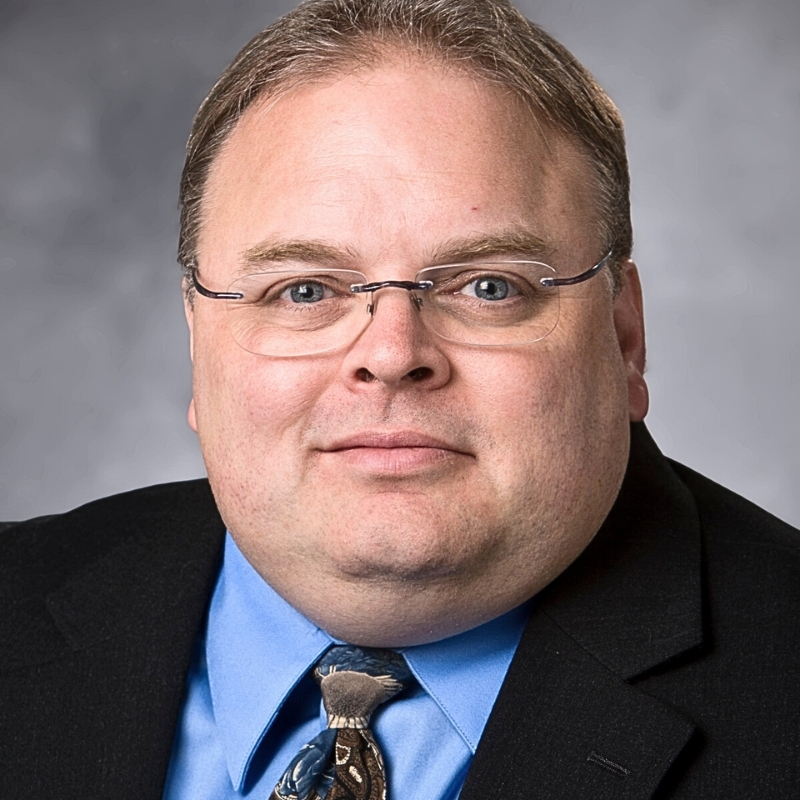
Shawn Acheson, PhD
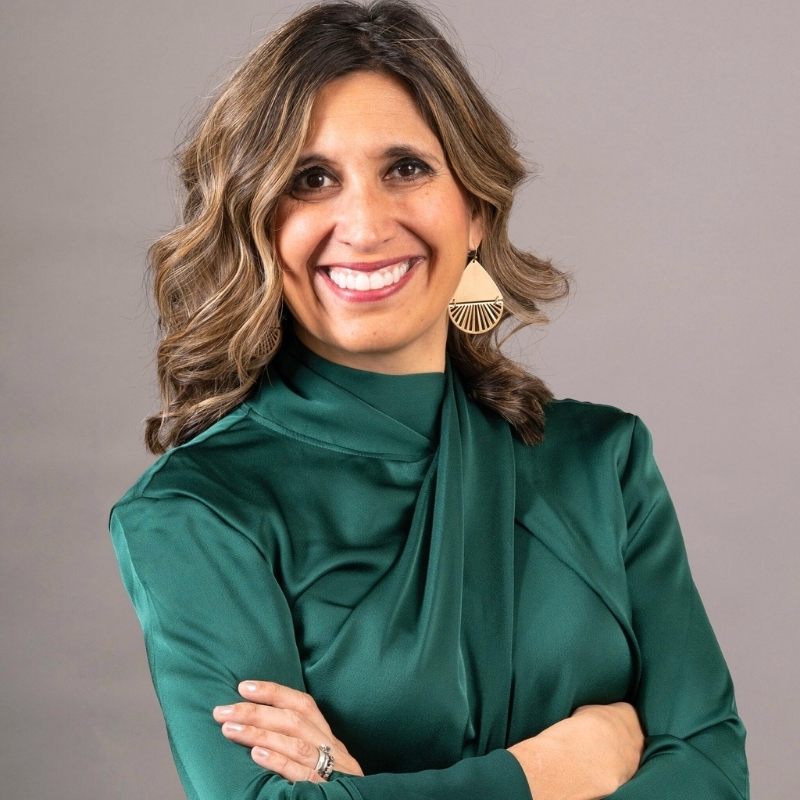
Chriscelyn Tussey, PsyD, ABPP

Claude J. Kelly, JD
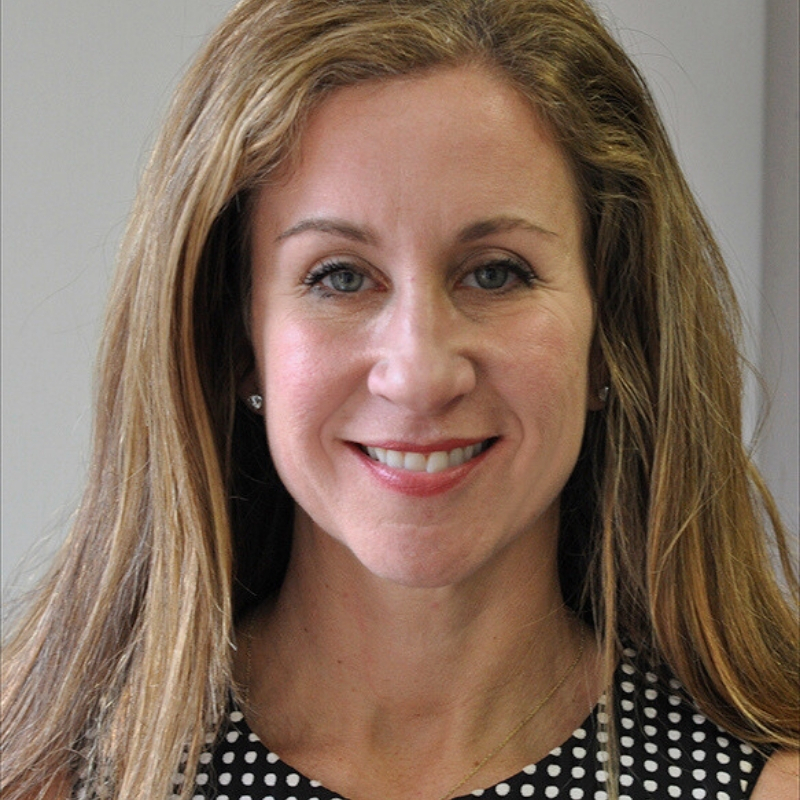
Gina Manguno-Mire, PhD
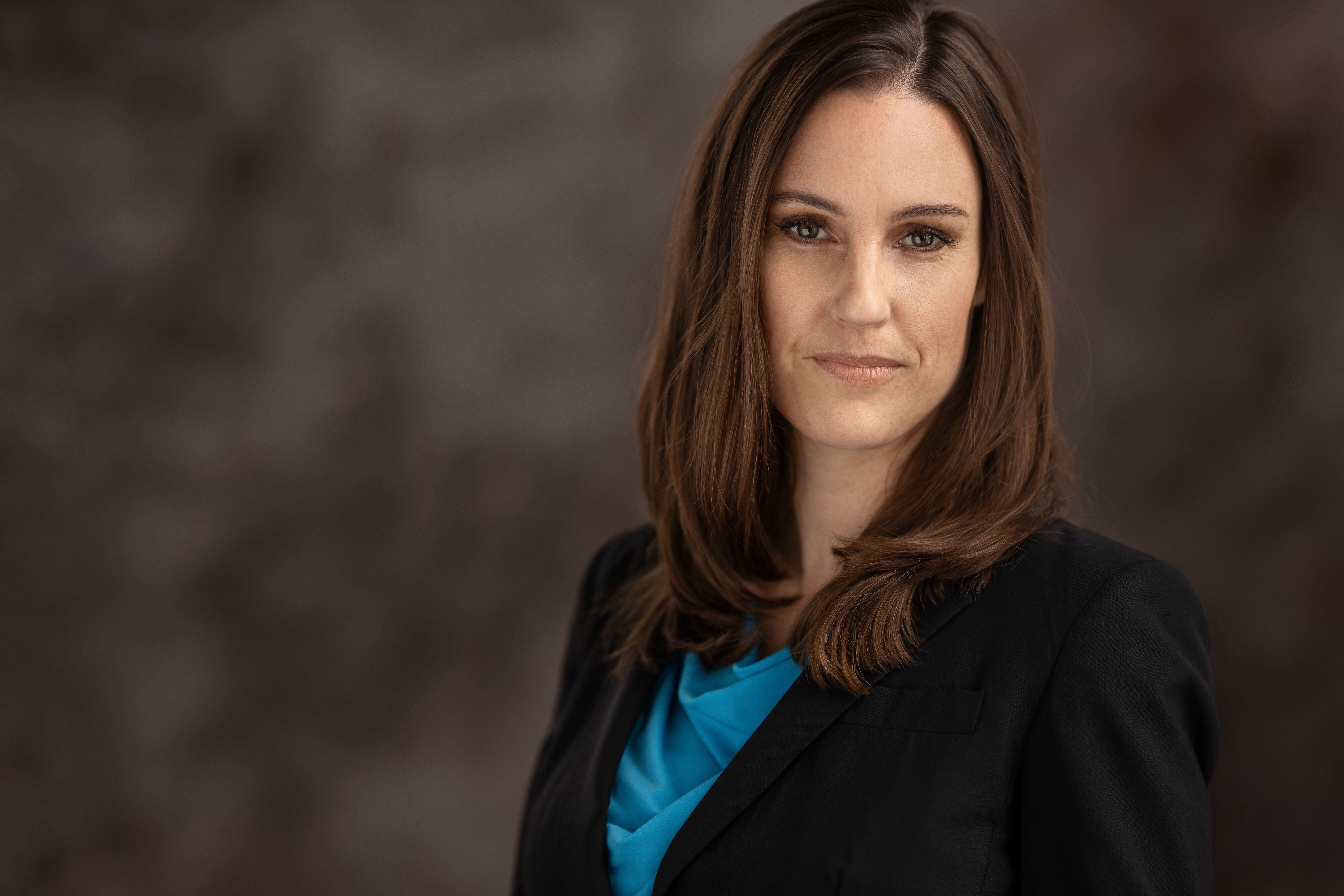
Tracy Thomas, Ph.D., ABPP (Forensic)
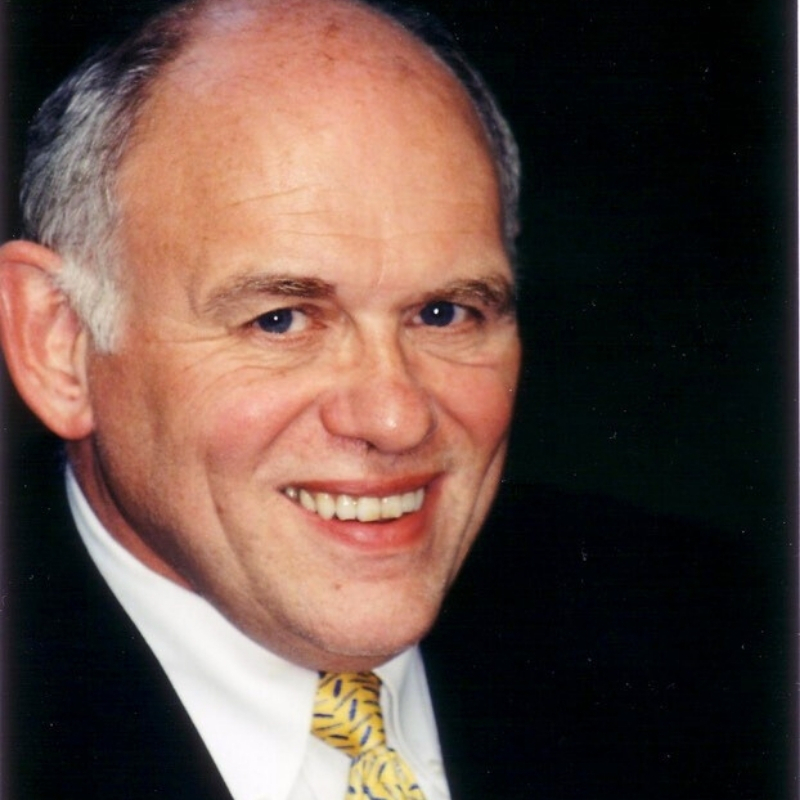
Daniel Davis, PhD, ABPP (Forensic)
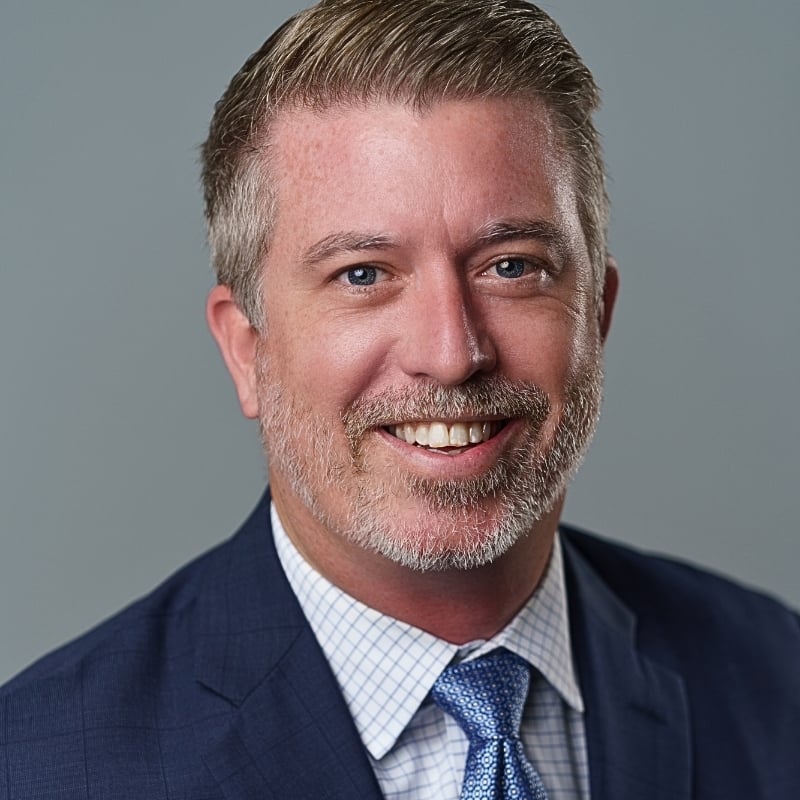
Robin Timme, Psy.D., ABPP

Marvin Acklin, PhD
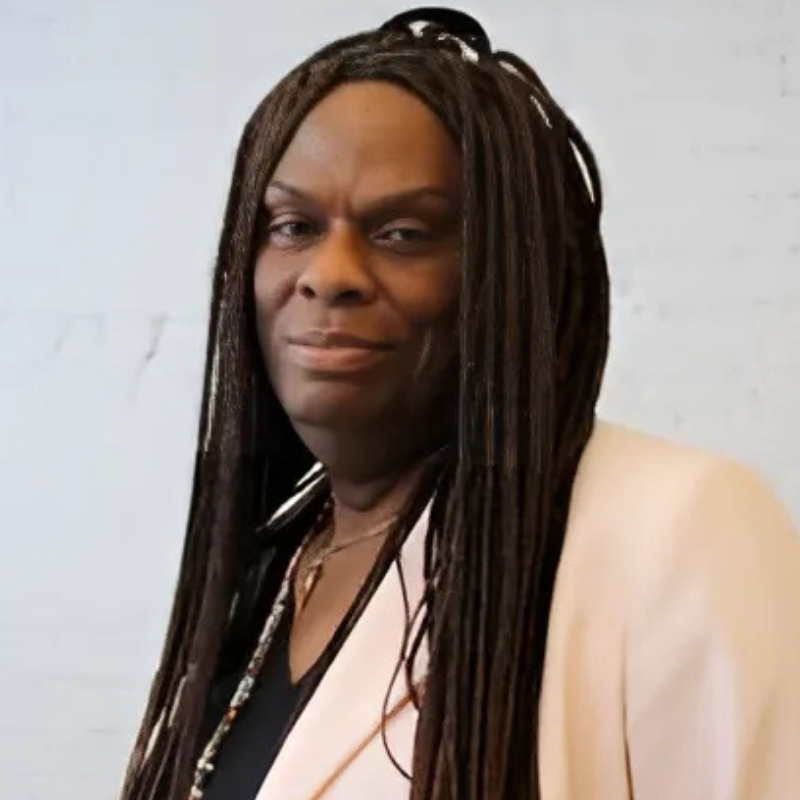
Dee Farmer

Mary Elizabeth Wood, Ph.D., ABPP
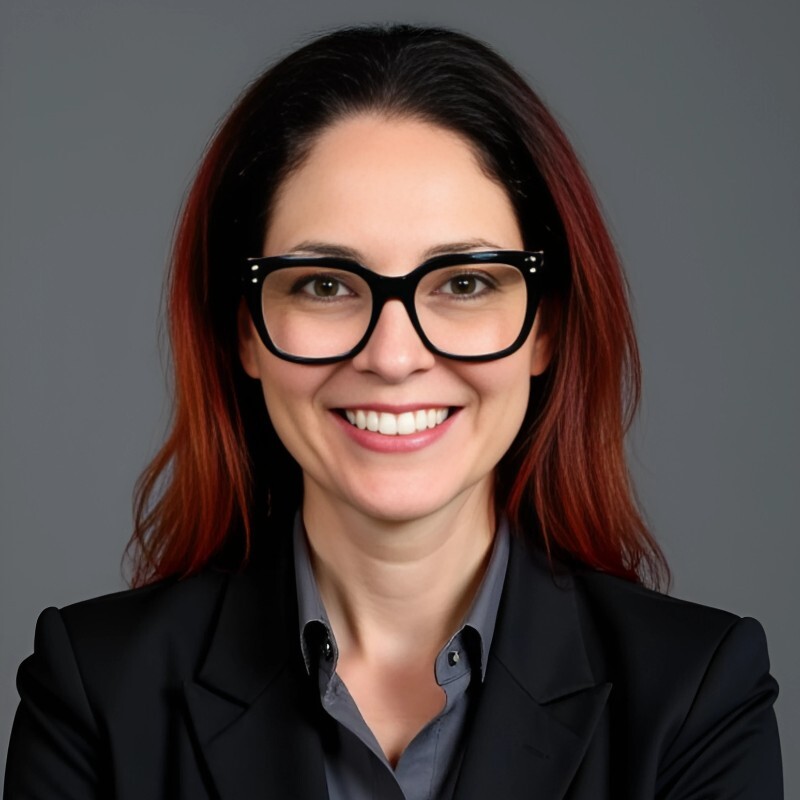
Angela Torres, Ph.D., ABPP (Forensic)

Chad Brinkley, Ph.D., ABPP
He is the former Acting Commissioner of Mental Health for the State of NY, where he oversaw the largest public psychiatric and mental health system in the United State and directly supervised 31 adults, children’s, and forensic psychiatric hospitals. Prior to that, he served for more than a decade as Associate Commissioner and Director for Forensic Services for the NY State Office of Mental Health, where he directly supervised 3 freestanding forensic psychiatric hospitals, 3 forensic units in adult (civil) psychiatric hospitals, mental health services for the NY State Department of Correctional Services, and the nation’s first statewide community forensic mental health system. During his tenure, his office created the first statewide jail and police department suicide prevention projects in the US.
He served as Chair of the Governor’s Advisory Council on Behavior Health and Wellness for the State of Nevada.
Dr. Dvoskin is a Fellow of the American Psychological Association (APA), and Former President of two APA Divisions, including the American Psychology-Law Society and Psychologists in Public Service. He served on the APA Policy Task Force on Reducing Gun Violence and on the APA Blue Ribbon Commission on Ethical Processes.
He has provided consultation to a wide array of organizations, including the U.S. Secret Service, the National Basketball Association (NBA), the NBA Players Association, the National Collegiate Athletic Association (NCAA), and numerous corporations, organizations, educational institutions, and government agencies across the US and Canada. Consultations are provided on workplace violence prevention, management and leadership, and responding to organizational crises.
In 2001, Dr. Dvoskin served on an expert team that investigated Dylan Klebold and Eric Harris, who committed the killings at Columbine High School.
He previously served on the adjunct faculty of the University of Arizona Law School and currently teaches at the University of Arizona Medical School, in addition to his consulting practice in forensic psychology in Tucson, Arizona.
He has been an invited speaker to the Conference of Chief Justices, the National Association of Attorneys General, the National Tactical Officers Association, CIT (Police Crisis Intervention Teams) International, numerous universities, and hundreds of other professional organizations.
In 1995, Dr. Dvoskin served on the White House Task Force on the Future of the African American Male. He has served as a Federal Court Monitor over correctional and mental health facilities and systems in Washington, New Mexico, Michigan, and Colorado and frequently serves as an expert for the Civil Rights Division of the United States Department of Justice (DOJ) and various state Protection and Advocacy Systems (P&A). He has also served as an expert witness and consultant for state mental health and criminal justice agencies.
Dr. Dvoskin provides training and public speaking services, mediation, expert testimony on civil and criminal matters, and consulting services to state mental health, criminal justice and public safety agencies, courts, police departments, corporations, and universities. For more than 6 years, Dr. Dvoskin has worked as a pro bono consultant with the New Orleans Police Department on an innovative program to prevent police misconduct called EPIC (Ethical Policing is Courageous) that has received national acclaim. Currently, Dr. Dvoskin serves as Senior Psychologist for Project ABLE (Active Bystandership for Law Enforcements), part of Georgetown University Law School’s Innovative Policing Program.
Dr. Dvoskin has served as design consultant for numerous hospital, prison, and jail architectural projects, including St. Elizabeths Hospital in Washington DC, Fulton (MO) State Hospital, and currently the Hawaii State Hospital.
In 2020, Dr. Dvoskin was awarded the Distinguished Contribution Award by the American Academy of Forensic Psychology and received similar awards from the Arizona Psychological Association for distinguished contributions to the science (2001) and practice (2010) of psychology.
He is co-author, with Andrew W. Kane, of Evaluation for Personal Injury Claims (2011) and the lead Editor (with Jennifer Skeem, Raymond Novaco, and Kevin Douglas) of Using Social Science to Reduce Violent Offending (2011), winner of the 2012 Book Award of the American Psychology-Law Society. Both books were published by the Oxford University Press.
Dr. Cunningham’s research and practice have garnered regional, national, and international recognition. These include: the 2021 American Academy of Forensic Psychology Award for Distinguished Contributions to Forensic Psychology; the 2019 American Correctional Association Peter P. Lejins Research Award; a 2017 commendation by the international John Maddox Prize committee; the 2012 National Register of Health Service Psychologists A. M. Wellner, Ph.D. Lifetime Achievement Award; the 2006 American Psychological Association Award for Distinguished Contribution to Research in Public Policy; the 2005 Texas Psychological Association Award for Outstanding Contribution to Science; and 2006 election as a Fellow of the American Psychological Association (Division 41, Psychology-Law Society). While serving as a naval officer and clinical psychologist at the Naval Submarine Medical Center early in his career, Dr. Cunningham was decorated with a Navy Commendation Medal for meritorious service.
Dr. Cunningham earned his doctorate in clinical psychology at Oklahoma State University and did his clinical psychology internship at the National Naval Medical Center. He completed a two-year NIMH-sponsored post-doctoral program at Yale University School of Medicine and was honored as the outstanding trainee.
Child Custody Evaluation Certificate Curriculum
Foundational Trainings
Specialized Trainings
You Will Learn To:
1
Develop the knowledge and techniques to help ensure children get the best possible outcome during a difficult transition in their lives by assessing their needs and their parents’ ability to deliver on those needs.
2
Describe how to effectively manage pre-evaluation contacts with attorneys, litigants, and the court
3
Describe evaluations that involve relocation requests, how to develop a detailed statement of understanding, and how to conduct forensic interviews of adults and children
4
Describe the importance of record-keeping and report writing procedures
5
Describe testimony procedures and the factors to consider in selecting assessment instruments
6
Describe the key elements of child forensic interviewing and at least three biases that must be considering while conducting interviews
7
Describe the factors to be considered regarding the inclusion of diagnoses
8
Describe different types of forensic reports
9
Describe the elements of admissible expert testimony
10
Describe the distinction between personal opinions and expert opinions and much more
Let Our Team Build the Right Training for Your Organization
Meet 1:1 with us so we can hear your unique workplace training needs. Tell us about your organization and your staff. What do you need to deliver on your goals and elevate your team?
In partnership with our curriculum development team and presenters we will customize a program to deliver the skills and knowledge you need--on your budget and timeline.
Book a Call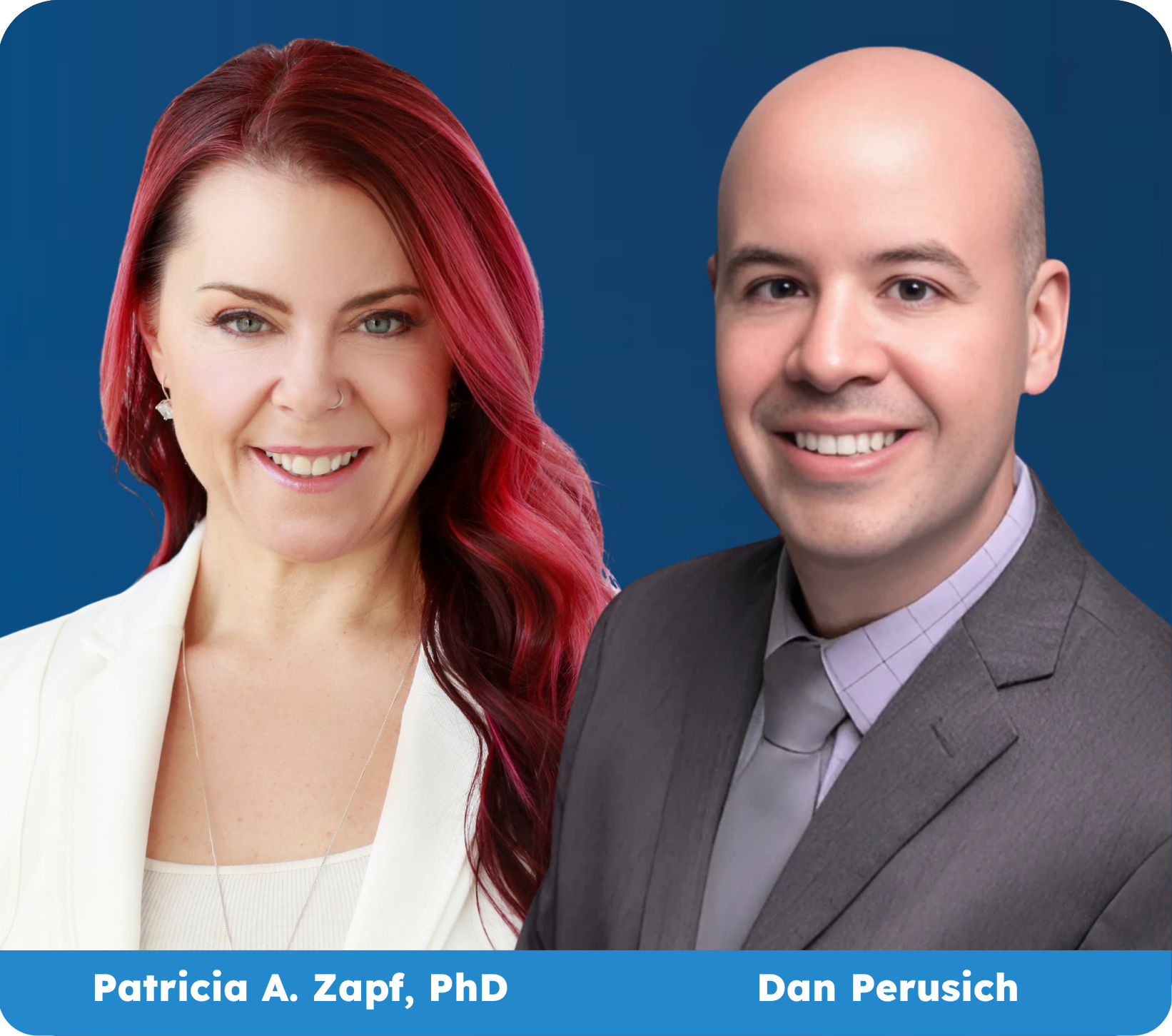
We Train Organizations of all Sizes




Hear from Program Participants
"Some of the most amazing experts in the field"
"The programs are staffed by some of the most amazing experts in the field, and they made themselves available to me if I followed-up with a question"
Dr. Abraham Loebenstein Ph.D, Psychologist PSY15631
"I don’t know that I would have passed my boards without CONCEPT"
"Having the downloadable source materials to study from was a huge advantage for my board certification tests, since I could review the content as many times as I needed. I don’t know that I would have passed my boards without CONCEPT, since much of what I reviewed in those presentations were covered in my exam."
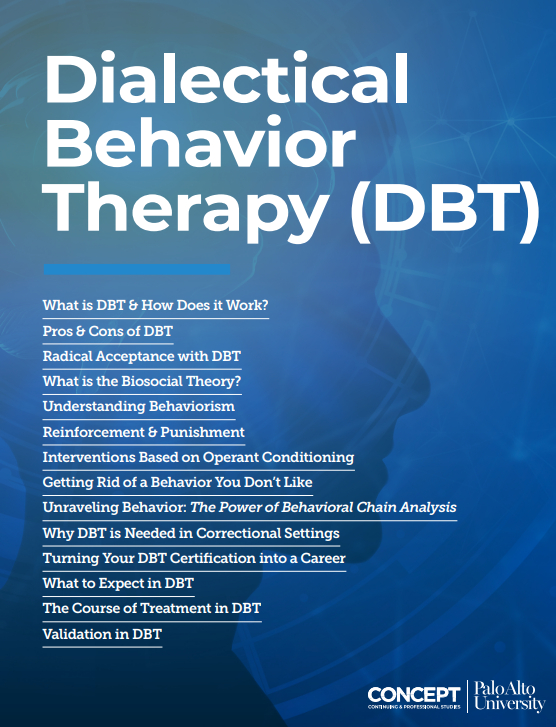
Learn How to Improve Your Level of Care with DBT
Newly updated in 2025, this comprehensive eBook explores essential and advanced DBT topics, behavior modification techniques and examples of applied principles in clinical scenarios.
Based on a compilation of three of our most popular eBooks, this updated version includes both new and advanced DBT content and expands on key training insights, including complex topics like the biosocial theory and adapting DBT for correctional settings.

